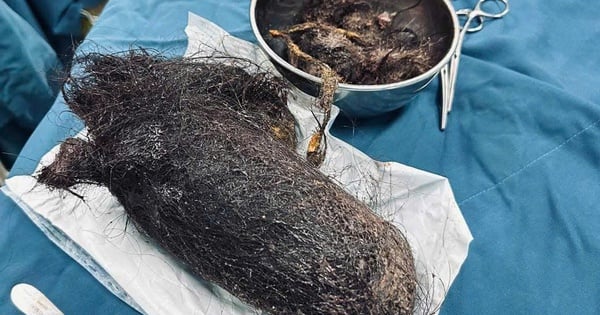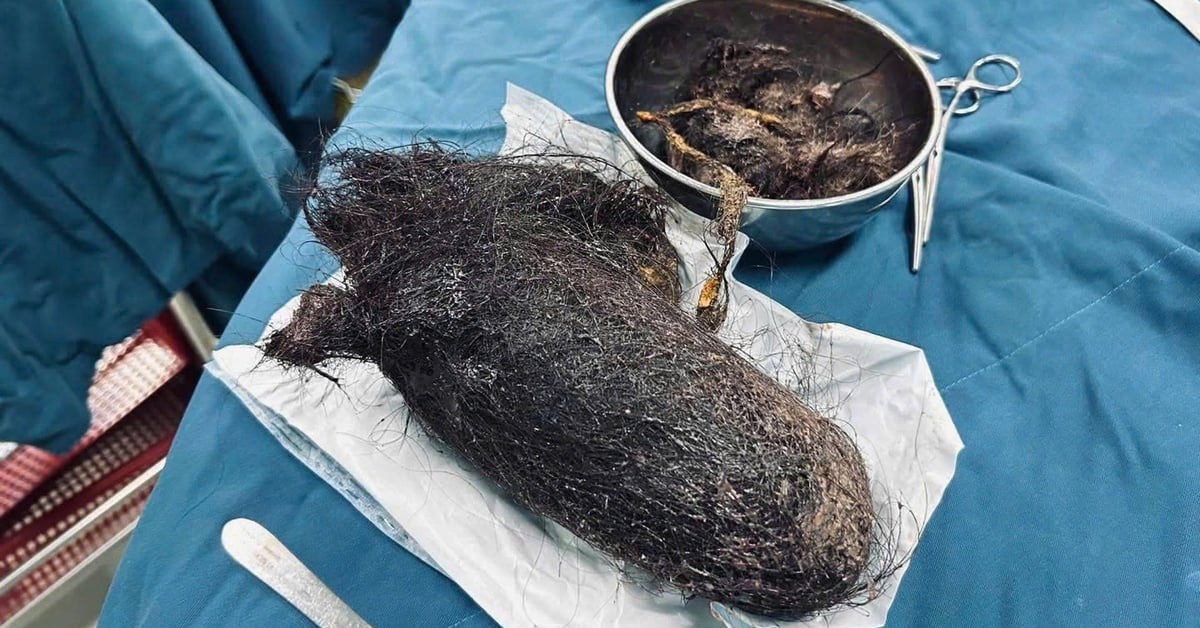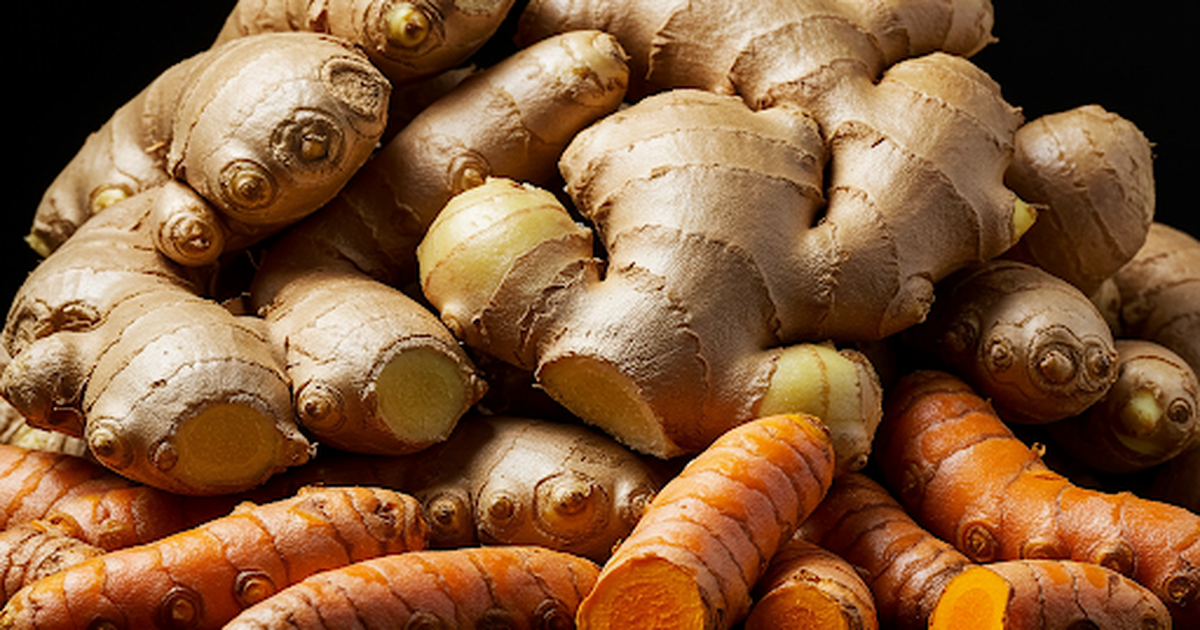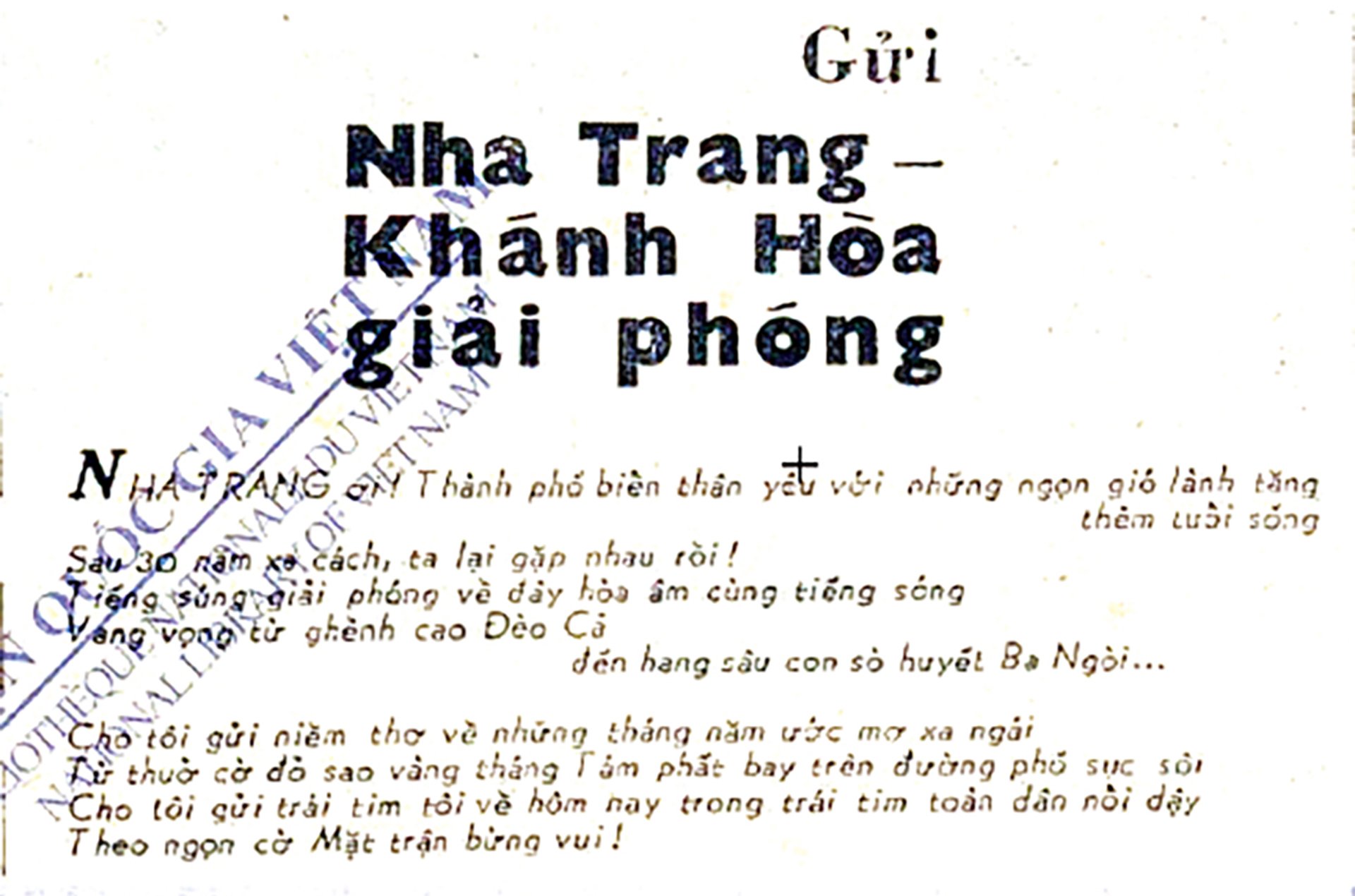With abundant fiber, many antioxidants, low calories..., persimmons are a healthy choice for your diet.
According to information from the US Department of Agriculture (USDA), a 168-gram persimmon provides 6 grams of fiber, 270 mg of potassium, 425 mcg of beta-carotene, lots of vitamin C, folate, phosphorus, magnesium and calcium, according to the health news site Verywell Fit.

With abundant fiber and low calories, persimmons become the top choice for your diet.
Health benefits of persimmons
For centuries, persimmons (along with leaf and seed extracts) have been used in traditional medicine to treat a variety of ailments. Modern scientific research supports some of these health benefits.
Protects eyesight. Persimmons provide extremely high levels of lutein and zeaxanthin, two forms of beta-carotene with antioxidant activity. Additionally, the vitamin C and vitamin E in persimmons also protect against oxidative damage.
Promote brain health. Persimmons contain the antioxidant fisetin, which has many benefits for the brain. Fisetin can improve long-term memory, prevent neurological dysfunction, and fight age-related cognitive decline. It also reduces ischemic brain damage. And fisetin also has antidepressant effects because it increases serotonin levels, according to Verywell Fit.
Supports heart health. The potassium in persimmons helps lower blood pressure, while folate and vitamin C help prevent strokes and heart attacks.
Helps prevent colon cancer. The beta-carotene content in persimmons can help control the growth and spread of cancer cells. Persimmons are also a good source of fiber, which is necessary for digestion and removing toxins from the body.
Reduces the risk of osteoporosis. Recent research has found that polysaccharides in rose leaves inhibit the genetic expression of osteoclasts, the cells responsible for breaking down bone.
These findings suggest possible benefits in preventing postmenopausal osteoporosis, as well as periodontitis and rheumatoid arthritis.

People with stomach problems, such as slow stomach emptying or a history of stomach surgery, should avoid astringent fruits like persimmons.
Important notes when eating persimmons
People with stomach problems, such as slow stomach emptying or a history of gastric surgery, should avoid astringent fruits like persimmons, especially when they are unripe. When natural compounds in unripe fruits combine with their indigestible parts (fiber in the seeds, skin, etc.), a mass called a bezoar can form, causing intestinal blockage.
Additionally, some people may be allergic to persimmons. If you notice allergic symptoms after exposure to persimmons, consult your doctor. Typical allergic reactions include symptoms such as hives, vomiting, difficulty breathing, and dizziness, according to Verywell Fit.
Source: https://thanhnien.vn/tac-dung-bat-ngo-cua-qua-hong-den-tim-nao-luu-y-quan-trong-khi-an-185241023155419266.htm



![[Photo] General Secretary To Lam receives King Philippe of Belgium](https://vstatic.vietnam.vn/vietnam/resource/IMAGE/2025/4/1/e5963137a0c9428dabb93bdb34b86d7c)

![[Photo] President Luong Cuong and King Philippe of Belgium visit Thang Long Imperial Citadel](https://vstatic.vietnam.vn/vietnam/resource/IMAGE/2025/4/1/cb080a6652f84a1291edc3d2ee50f631)
![[Photo] Prime Minister Pham Minh Chinh meets with King Philippe of Belgium](https://vstatic.vietnam.vn/vietnam/resource/IMAGE/2025/4/1/be2f9ad3b17843b9b8f8dee6f2d227e7)
![[Photo] Close-up of Vietnam's sniffer dog team searching for earthquake victims in Myanmar](https://vstatic.vietnam.vn/vietnam/resource/IMAGE/2025/4/1/d4949a0510ba40af93a15359b5450df2)
























![[Photo] Myanmar's capital in disarray after the great earthquake](https://vstatic.vietnam.vn/vietnam/resource/IMAGE/2025/4/1/7719e43b61ba40f3ac17f5c3c1f03720)
































































Comment (0)